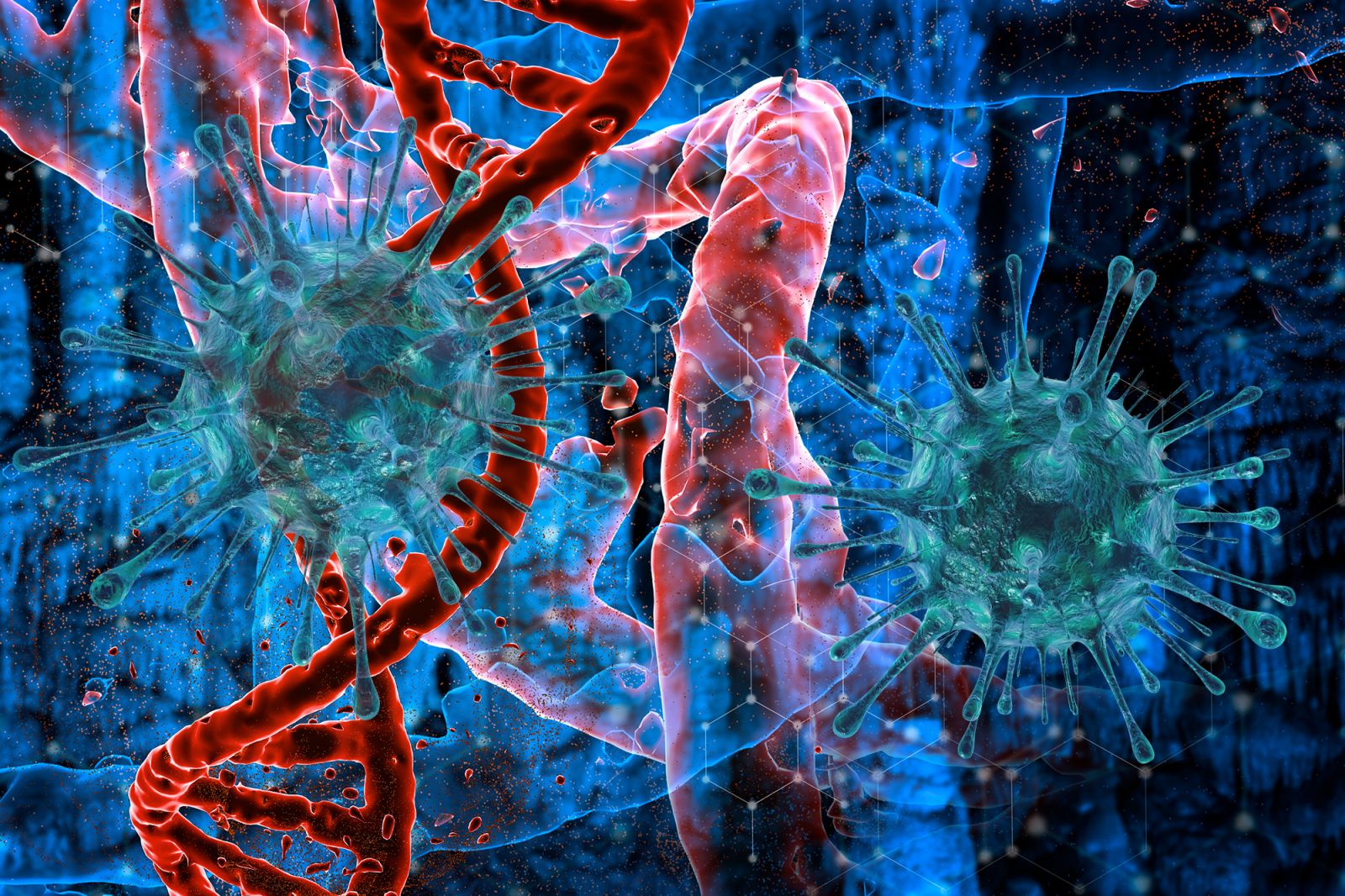Could Study That Shows Proteins Nsp12 And 13 Of SARS-Cov-2 Causing Mitochondrial Dysfunction Explain For Prevalence Of Chronic Fatigue Syndrome In COVID-19 Patients?
Source: Chronic Fatigue Syndrome Jul 04, 2020 4 years, 8 months, 3 weeks, 6 days, 4 minutes ago
Chronic Fatigue Syndrome: There has been so many clinical manifestation of Myalgic encephalomyelitis/chronic fatigue syndrome (ME/CFS) reported in COVID-19 patients experiencing mild to moderate symptoms and also in typically asymptomatic and also recovered COVID-19 patients. To date medical experts do not have a proper explanation for this.

However, browsing through various new COVID-19 preprint studies, Thailand Medical News came across a research from CSIR-Indian Institute of Chemical Biology and the Academy of Scientific and Innovative Research in which the researchers indicate that the proteins Nsp 12 and Nsp 13 from the SARS-CoV-2 coronavirus have the ability to scavenge for mitochondria (the cell’s powerhouses) and disrupt their functions. Hence we were wondering if this could be the reasons for the unexplained conditions of tiredness and lethargy associated with Myalgic encephalomyelitis/chronic fatigue syndrome (ME/CFS) seen in many COVID-10 patients.
The study is published on a preprint server and us yet to have been peer-reviewed.
https://www.preprints.org/manuscript/202006.0352/v1
Mitochondria are classically termed as powerhouse of a mammalian cell. Most of the cellular chemical energy in the form of adenosine tri phosphate (ATP) is generated by mitochondria and dysregulation of mitochondrial functions thus can be potentially fatal of cellular homeostasis and health.
Acute respiratory distress has been earlier linked to mitochondrial dysfunction. SARSCoV-2 infection severity leads to acute respiratory distress syndrome (ARDS) and can be fatal. The researchers tried to investigate possible connection between SARS-CoV-2, ARDS and mitochondria.
The researchers report identification of SARS-CoV-2 non-structural proteins (particularly Nsp12 and 13) that have recognition sequence with respect to mitochondrial entry. They also report that these proteins can potentially shuttle between cytoplasm and mitochondria based on the localization signals and help in downstream maintenance of the virus. Their properties to use ATP for enzymatic activities may cause ATP scavenging allowing viral RNA functions in lieu of host cell health.
The study indicates that NSP13 has a high potential to translocate from cytoplasm to mitochondria as detected by 5 out of 6 prediction tools used.
Nsp13 is the helicase enzyme and is one of the most essential proteins for the virus for RNA replication as it helps in RNA unwinding during the replication.
Another protein Nsp12, the RNA dependent RNA polymerase has also been detected to possess mitochondrial localization signal (detected by 3 out of 6 prediction tools) and should be studied in future to explore its possible role.
Both the proteins are vital for the replication of the viral genome. A hypothetical protein, Orf9b a product of an alternate reading frame of ORF9 was shown to be localizing in mitochondria in case of SARS-CoV. The BLAST result between SARSCoV Orf9b and SARS-CoV-2 Orf9b showed them to be 72.45% identical. The SARS-CoV ORF9b has been shown to regulate host system and hence it would be important to study the SARS-CoV2 Orf9b protein as well to check for its similar functions and
possible associations with mitochondrial dysfunction. The helicase and RdRp use ATP for their enzymatic activities.
The researchers also hypothesize that by collective scavenging of cellular ATP pool and modulating mitochondrial functions these proteins can potentially lead to imbalance in cellular respiration and homeostasis thereby contributing to a variety of clinical manifestations.
Now though there are no concrete evidence of what actually causes Myalgic encephalomyelitis/chronic fatigue syndrome (ME/CFS) as there could be multiple factors at play, energy depletion has always been considered as a possible primary contributing factor and since the Nsp proteins 12 and 13 from the SARS-CoV-2 coronavirus are possibly involved in hijacking the mitochondria of the host cells, there could be a possible correlation.
More studies will be needed to confirm this possible hypothesis.
For more on
Chronic Fatigue Syndrome in COVID-19 patients, keep on logging to Thailand Medical News.
HELP! Please help support this website by kindly making a donation to sustain this website and also all in all our initiatives to propel further research: https://www.thailandmedical.news/p/sponsorship
